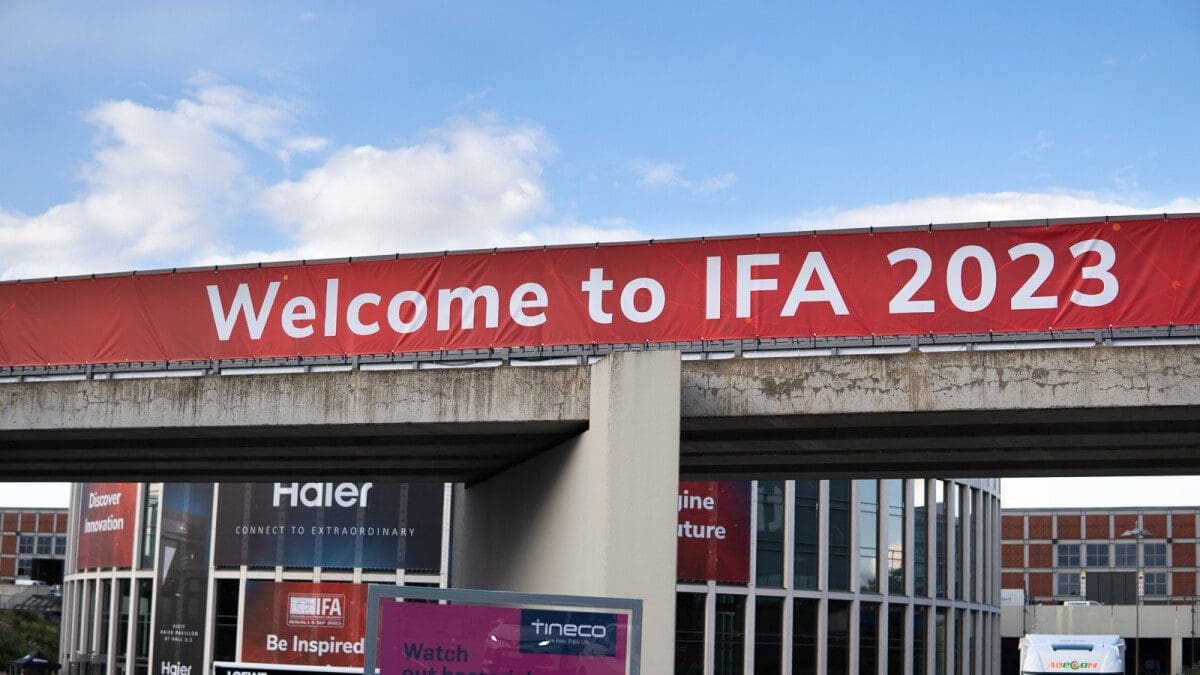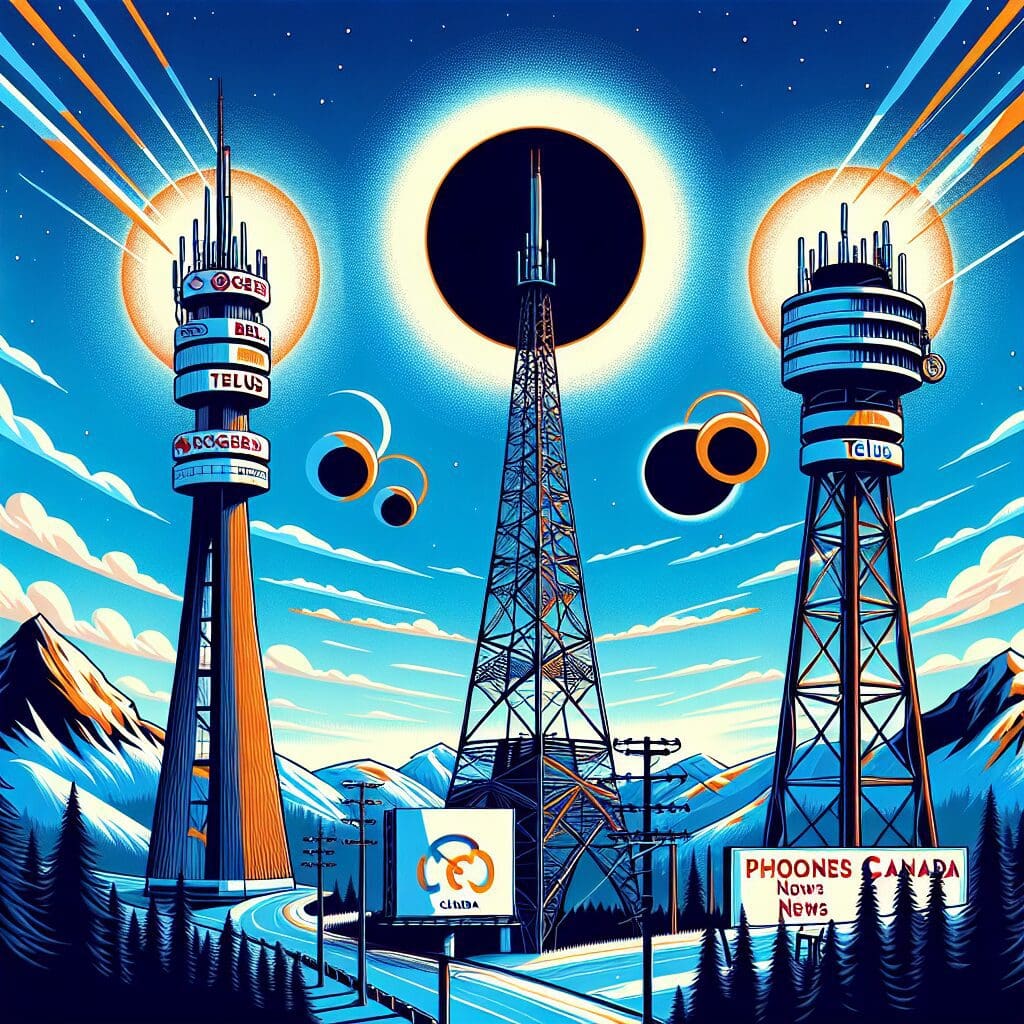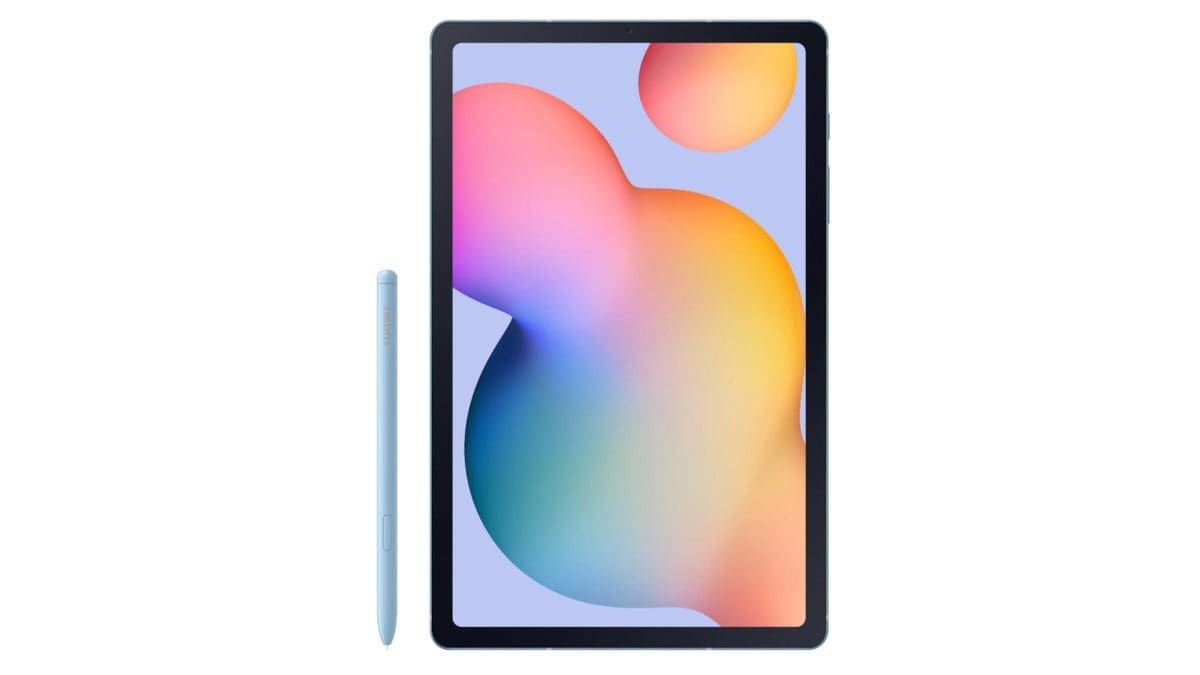The Justice Department’s antitrust lawsuit against Apple continues to gain traction as four new states – Indiana, Massachusetts, Nevada, and Washington – have joined the accusations. This legal battle, initiated in March 2024, now has the support of 15 states and the District of Columbia. The core claim revolves around Apple’s alleged monopoly in the smartphone market and its exploitation of this dominance to increase profits at the expense of consumers and various business partners.
Key points from the expanding lawsuit include:
– Apple is accused of leveraging its market power to charge exorbitant prices for its products, such as iPhones priced as high as $1,599.
– The tech giant is said to impose hidden fees on developers, credit card companies, and even competitors like Google, leading to increased costs for consumers.
– Restrictive contracts allegedly prevent essential access for developers and hinder competition in the industry.
Despite these allegations, Apple plans to challenge the lawsuit by seeking dismissal from a federal judge in New Jersey. The company argues that it faces fierce competition from other established players in the market.
The original lawsuit filed by the Justice Department and attorneys general from multiple states highlights concerns about Apple’s practices in monopolizing the smartphone industry. It accuses Apple of limiting innovation by blocking certain types of apps that could benefit consumers. Attorney General Merrick Garland stresses the importance of enforcing antitrust laws to safeguard consumer interests against monopolistic behavior.
In response, Apple defends its innovation strategies and warns about potential negative consequences if the lawsuit progresses. The company fears that government intervention could stifle its ability to develop integrated technologies and set a troubling precedent for technology design.
As this legal battle unfolds, it underscores the complex dynamics at play in the telecommunications industry and raises important questions about competition, consumer choice, and innovation. Stay tuned for further developments on this high-profile case involving one of the world’s most influential tech companies.










